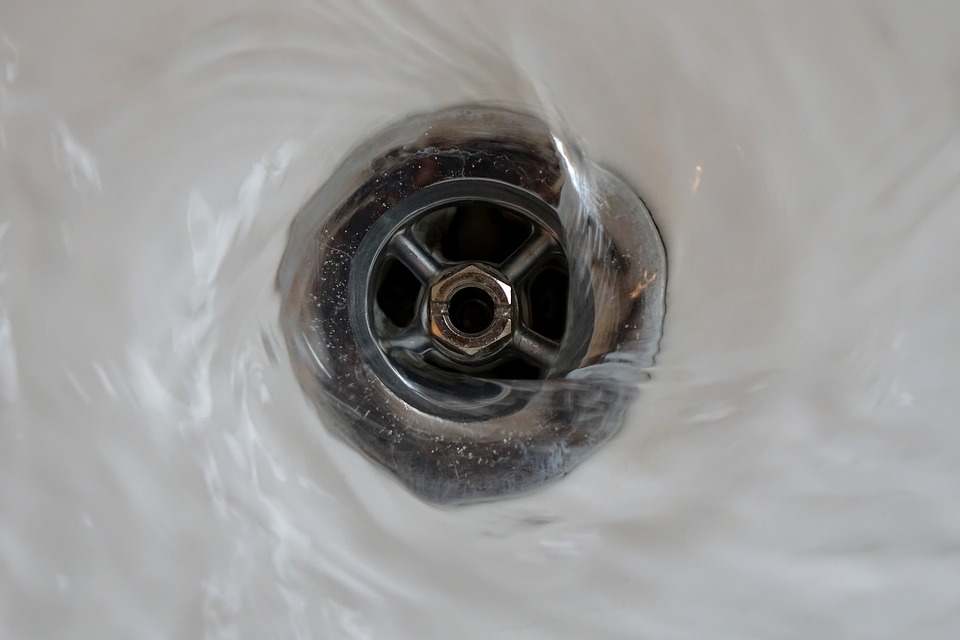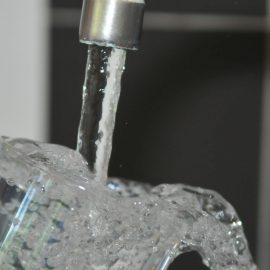
A drain clog is the kind of problem that nobody wants to occur at home. It becomes something to worry because you may not easily find a plumber when things are suddenly stinking. What is more, you’ll have to wait for his/her arrival, and finally, you may end up with a bill that skyrockets! A few habits can save you a lot of stress – it depends on what you put in the drains and if your drain is well maintained and pumped every year.
This post will tell you how to avoid drain issues.
1. Avoid disposing of solids in your drain
Solid items can build up because they won’t sink to the bottom of the septic tank with the rest of the solid waste, and they can further lead to clogging your septic tank. What will happen is that they’ll float to the pipes that lead out to the drain field. If they enter the drainpipes, they’ll block the drainage system and the septic system will be unable to carry away your waste.
You should not be sending any solid other than human waste and toilet tissue paper down your septic tank. You should also avoid flushing cotton balls, toothpicks, kitchen paper towels, and wipes in the toilet.

You should not dispose of foods like tomato puree, mash potato, cooking oil, or porridge in the sink.
2. Don’t throw in harmful chemicals down the drain
Once in a while, you can use some commercial chemicals to unclog the pipes. But, you don’t need to add chemicals all too often as they go into the drain system. You may never have imagined this, but septic systems contain microbes that help in breaking down waste; microbes make it easier for the waste to pass through the drains and septic tanks. Therefore, you should avoid regular use of chemicals that kill these beneficial microbes.
3. Know the capacity of your septic tank
The amount of fluid your tank can handle at a time depends on its size and how many people your system can process. The county records in your locality can provide you with that information. Be careful not to overuse water when the septic system is already overworked. For example, avoid doing a month’s worth of laundry during a record rainfall.



